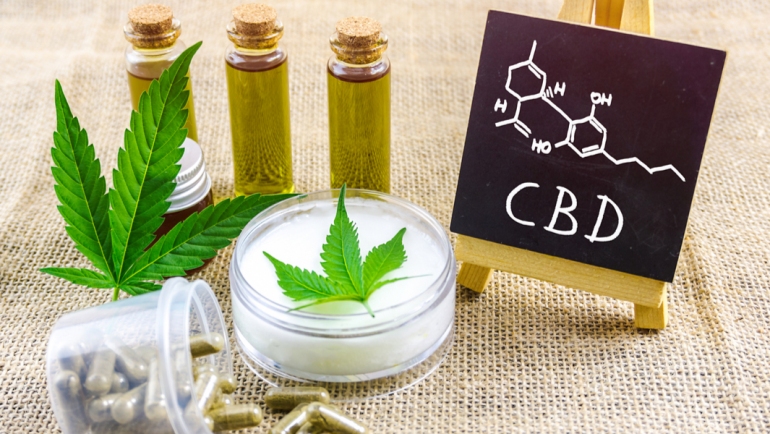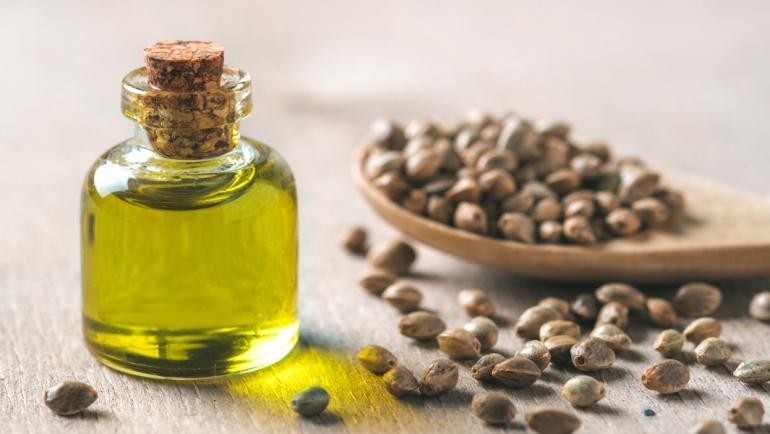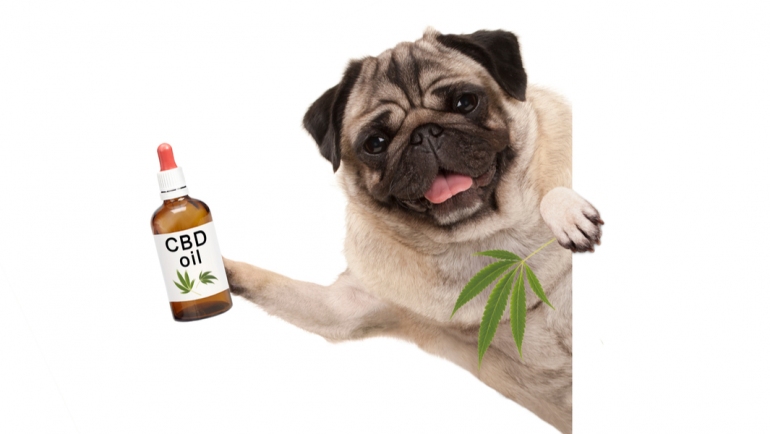Full-Spectrum CBD vs. CBD Isolate vs. Broad-Spectrum CBD
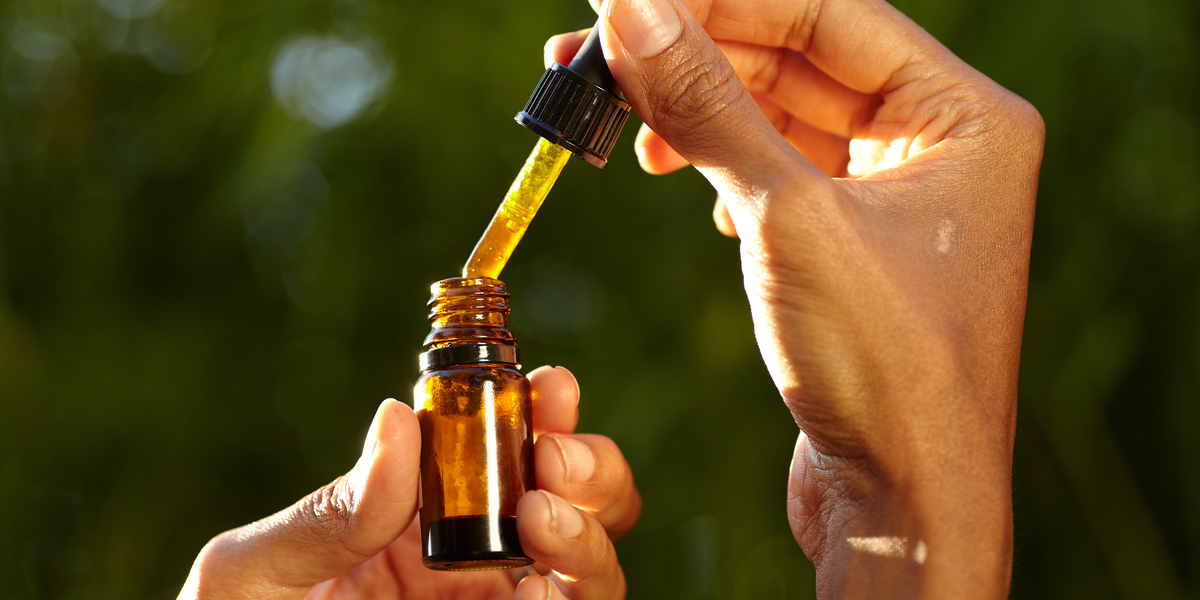
Customers browsing through all the different kinds of CBD products will surely encounter the varying labels given. CBD oils, CBD gummies, and even CBD salves can be categorized as full-spectrum, broad-spectrum, or isolate. But what do any of those terms mean?
For the regular consumer, what they are looking for is the best. Although many CBD companies are very willing to claim their products as the best CBD oil, knowing what the labels state on these products allows customers to make smarter choices.
What is Full-Spectrum CBD?
The key to knowing what is full-spectrum CBD is by understanding the entourage effect. The entourage effect occurs when all the compounds of the cannabis plant work together for maximum health benefits. These compounds work as facilitators that allow CBD to be in its most natural and effective form.
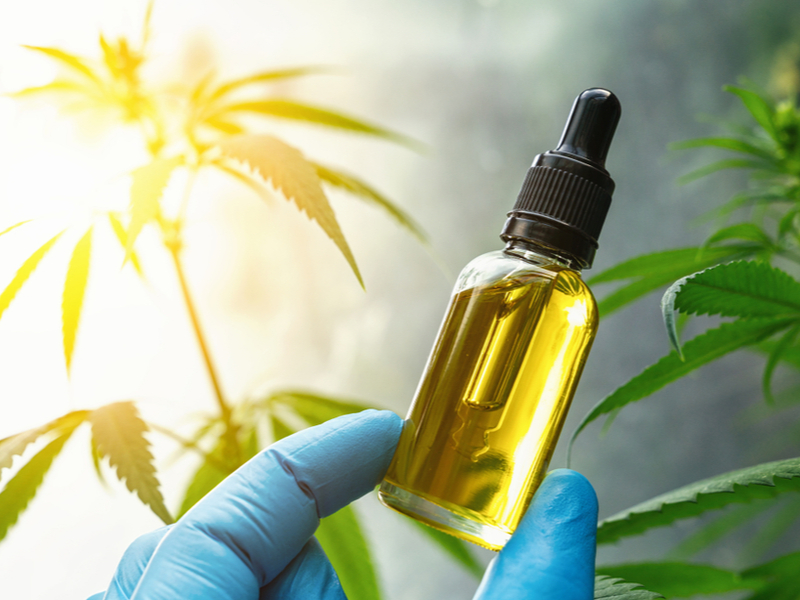
Full-spectrum CBD is extracted from cannabis sativa containing all the natural compounds found in the plant.
One of the most crucial compounds present in this type of CBD product is THC. According to the Farm Bill, CBD products are legally allowed to contain 0.3% THC or less. The THC in full-spectrum products is what separates it from other kinds of CBD.
Since this extract contains all the cannabinoids in the hemp plant, it undergoes less processing than broad-spectrum CBD or CBD isolate products. This means that there is a smaller window for contamination during the manufacturing process.
Also referred to as “pure-spectrum” CBD, full-spectrum CBD is best for people who benefit from a THC to CBD ratio. Some consumers need THC alongside their CBD intake to address more serious symptoms that other forms of CBD cannot alleviate.
What is CBD Isolate?
Customers can purchase CBD in its purest form through CBD isolates.
These products are described in this way because of the manufacturing process. CBD is separated completely from the other compounds of the plant. After this extraction, the hemp oil is purified to filter out the terpenes and flavonoids. The final step to manufacture CBD isolate is called “winterization.”
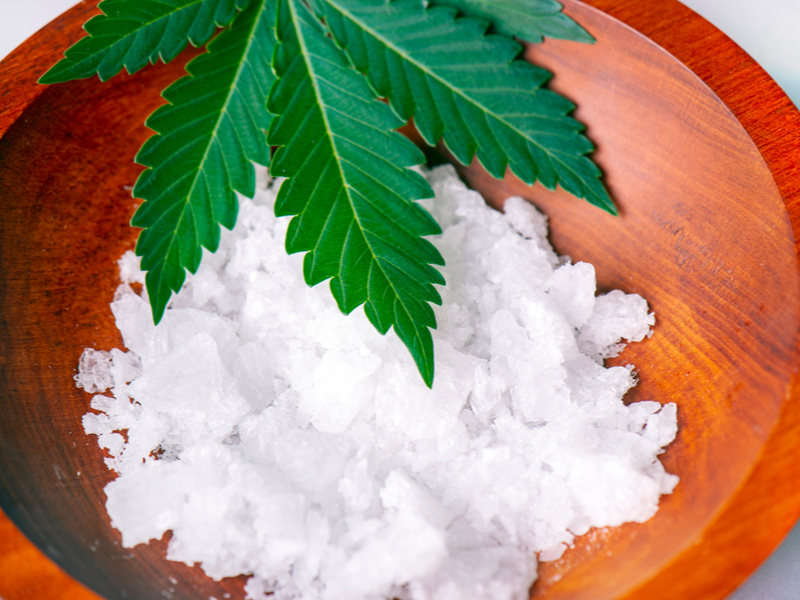
Winterization is where the remaining plant particles still present in the CBD extract are removed. This is done by chilling the chemical compounds in the CBD extract so that impurities are lost.
Since CBD isolates solely contain CBD, it has 0% THC and is around 99% pure cannabidiol.
The high potency of CBD in isolates are best for consumers who need an increased or pure amount. People with a sensitivity to THC and other cannabinoids present in the hemp plant prefer using isolates.
As CBD isolates are THC-free, consumers who live in states with strict THC laws can still enjoy its health benefits.
What is Broad-Spectrum CBD?
Broad-spectrum CBD products are extracted from the cannabis plant similar to full-spectrum products. What differentiates broad-spectrum CBD is its lack of THC.
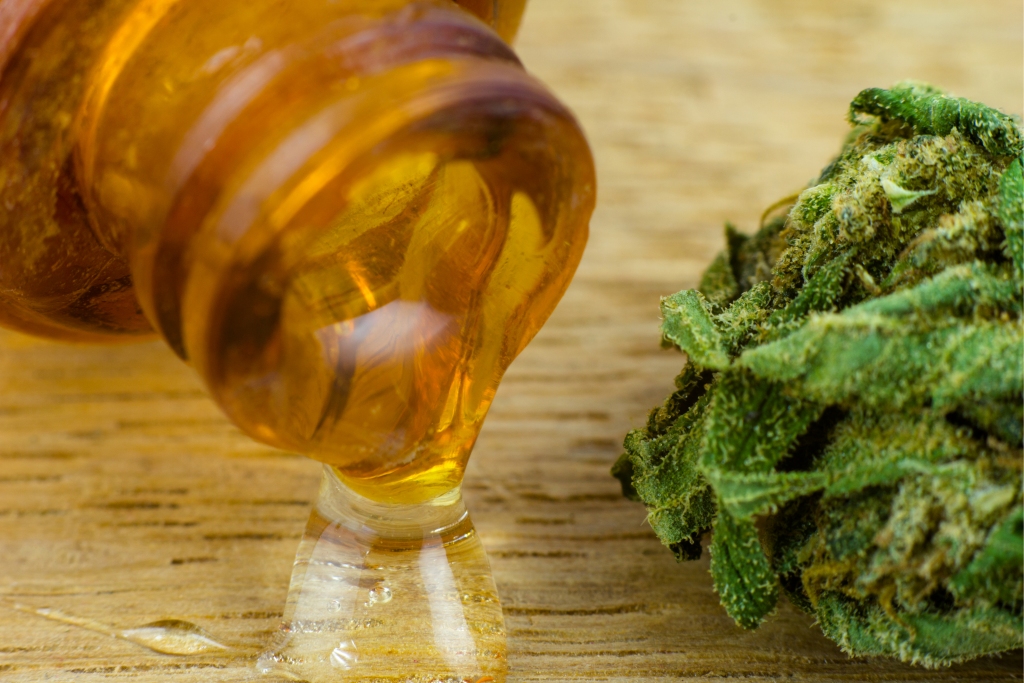
Broad-spectrum products undergo another process to completely remove any traces of THC from the finished product. Even without THC, the entourage effect is still triggered in these products. The other cannabinoids in the hemp plant that are included interact with CBD so that it can still exist in its most effective form.
Broad-spectrum products are best for consumers that have a sensitivity to THC. Although relatively rare, allergic reactions to THC is possible. Broad-spectrum CBD products being THC-free are also beneficial to consumers living in states with strict marijuana laws.
For first-time CBD users, this type of product is preferrable for its effectiveness and low risk.
Full-Spectrum vs. Broad-Spectrum CBD
Since both full-spectrum and broad-spectrum CBD products stimulate CBD’s health benefits, deciding between one or the other is a matter of preference. Consumers should consider their lifestyle and what they are taking CBD for.
For most people, the deciding factor between these two categories of CBD is the presence of THC. As a compound, THC is what separates the two clearly from each other.
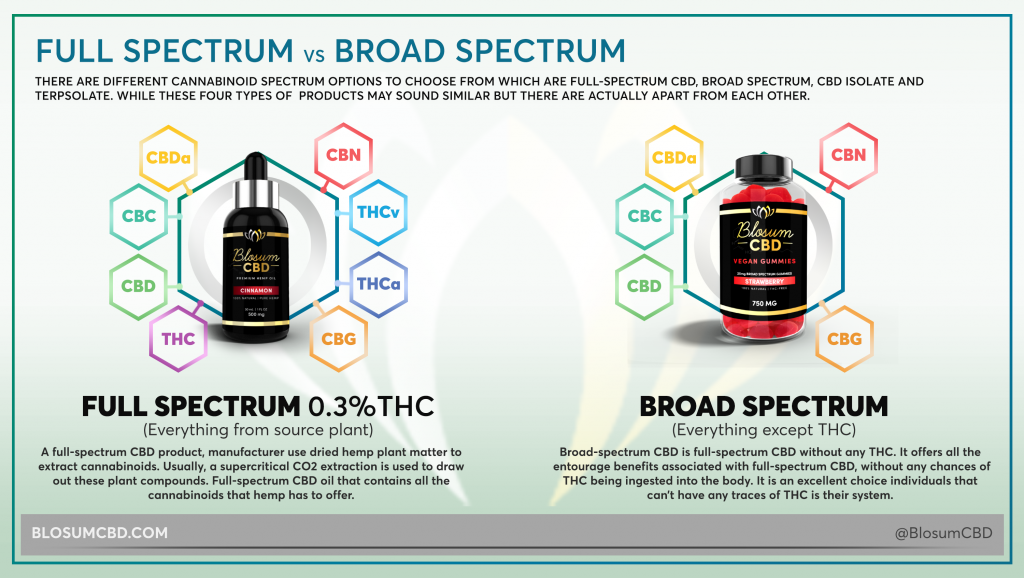
Studies have shown that THC and CBD working together in synergy can bring relief for multiple illnesses. THC and CBD work on different pathways in the body and can both their presence can mean a doubling of beneficial effects.
However, employed customers have understandable concerns over the possibility of positive drug tests.
The most common types of drug test procedures used are urine and oral fluid testing. Oral fluid tests use mouth swabs to test for THC presence in the saliva. Urine testing searches for a specific compound that proves that THC has been metabolized in the body.
Neither of these tests can trace CBD in the body. The chances of full-spectrum products leading to a positive drug test are very low. Still, a high and frequent dosage can increase the THC levels in the body and can lead to a positive test.
Likewise, THC is the compound that causes a “high.” It is psychoactive, but in small dosages should not cause such severe effects. Conversely, CBD by itself is not psychoactive.
This is why consumers who live in THC-strict states prefer broad-spectrum CBD products. CBD is not found in these tests because it is not actively looked for. Drug tests search for substances that inhibit the individual from performing to the best of their ability and CBD does not do this.
Full-Spectrum CBD vs. CBD Isolate vs. Broad-Spectrum CBD: Which is Better?
Choosing between these three types of CBD is a matter of knowing what each can do both positively and negatively.
The “best” CBD product is always subjective to the consumer’s habits and usage.
Full Spectrum CBD
There are pros and cons to each CBD formulation. While the “best” CBD type is ultimately up to the consumer, there are some key advantages to each type of CBD product.
Pros
- Entourage Effect
- Undergoes fewer processes, so there is a smaller window for contamination
Cons
- Possible psychoactive effects from the THC
- A positive drug test can occur after high and frequent dosages
- Not desirable for customers living in states with strict THC laws
CBD Isolate
Pros
- The purest form of CBD
- No psychoactive effects
- 0% THC so no chances of a positive drug test
Cons
- No entourage effect
Broad-Spectrum CBD
Pros
- Entourage Effect
- No psychoactive effects
- 0% THC so no chances of positive drug test
Cons
- Sometimes has a strong flavor
Customers looking to make the right purchase should consider all of the above information. Like any wellness product, CBD’s dosage should enrich consumers’ lives and not disrupt it.
Is CBD Legal? Hemp-derived CBD products (with less than 0.3 percent THC) are legal on the federal level. Moreover, these statements have not been evaluated by the Food and Drug Administration. This product is not intended to diagnose, treat, cure or prevent any disease and products that have not been FDA approved. Likewise, you must be at least 21 years old to purchase these products. Talk to your physician or medical doctor for additional information.

